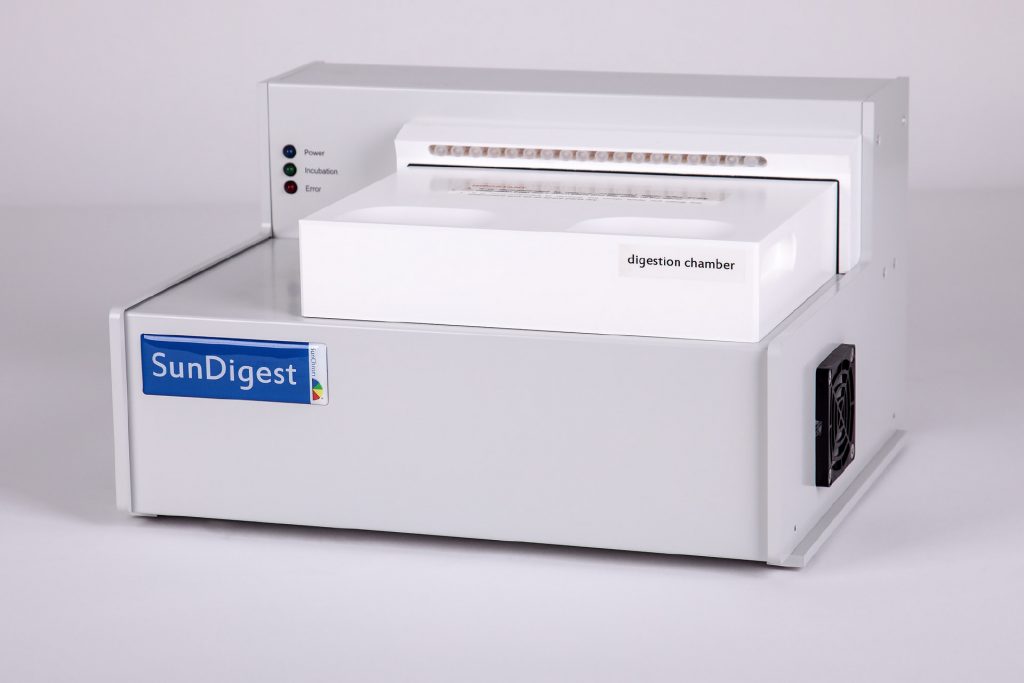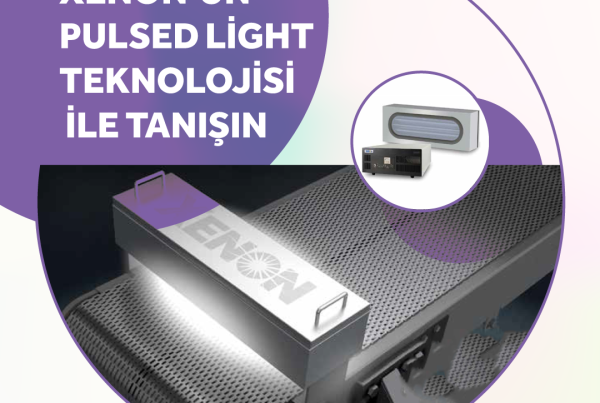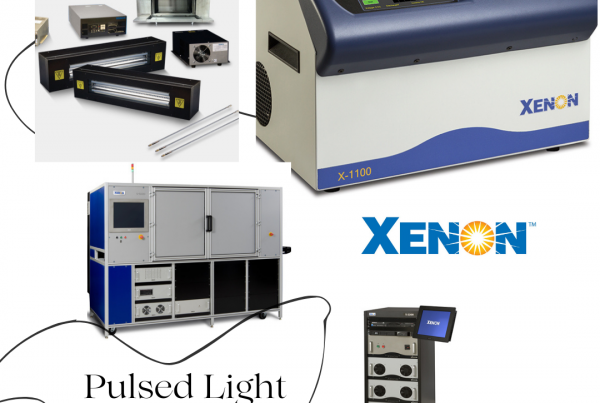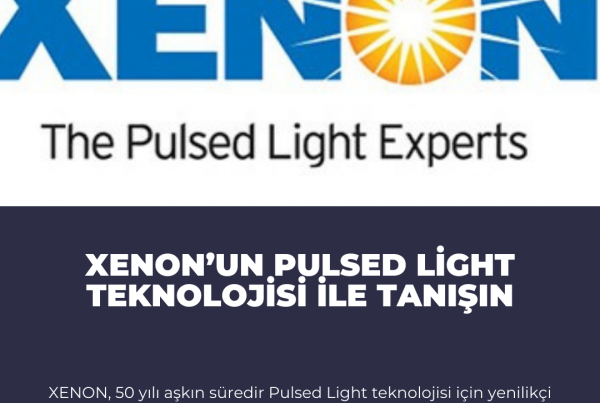MALDI mass spectrometry imaging (MALDI-MSI) of Proteins and Peptides enables visualization of the spatial distribution of a wide range of analyzes in thin sections such as human, animal or plant tissue. While small molecules such as pharmaceuticals and lipids
can be directly ionized after matrix deposition in the sample, direct analysis of the vast majority of proteins is not possible. Larger mass-weight proteins, membrane proteins, and even protein complexes with several subunits can be ionized and analyzed by MALDI MS
after cutting into peptide fragments. The SunDigest incubator provides a fully softwarecontrolled and highly reproducible digestion process under standardized conditions.
Temperatures between 4 °C and 50 °C and the ideal humidity for incubation can be precisely adjusted. Precise control of the process is required to achieve highly efficient digestion and reproducible results. SunDigest is the one-stop solution for creating transferable incubation protocols for any tissue incubation. It saves time and also minimizes analyte diffusion during incubation, which can adversely affect spatial resolution.
As the water condensation effect is significantly higher at 50°C compared to 37°C, the lid of the SunDigest incubation chamber actively regulates the temperature. The heated lid prevents any water condensation that could occur in the worst case, resulting in sample
loss due to water dripping onto the tissue surface. The heated lid is important to enable a high performance digestion process at 50°C.
The SunDigest incubator actively controls, regulates and records three different temperatures;
1-Base temperature,
2-Internal temperature (at tissue temperature),
3-Cover temperature.
The optimum humidity, which can be defined as % by the operator, is regulated by a good interaction of the circulation and circulation of the heated water from the reservoir. After incubation, automatic cooling of the samples can be performed by the device.







